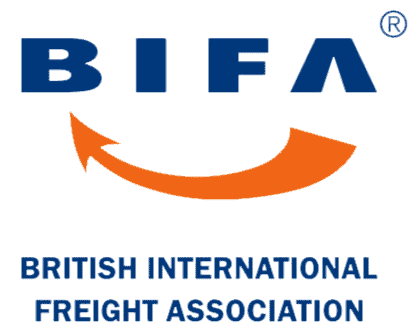For more information about our services or if you have an unusual load request, reach out to our sales team on 01268 525 444 or email sales@barringtonfreight.co.uk.
Should you insure your Cargo?
Freight forwarders generally do not insure your shipment automatically, although depending on the nature of your goods and value they can usually arrange full marine insurance on your behalf.
Get a free quote today
The purpose of marine/transit insurance
The purpose of marine/transit insurance is to cover the goods during transit for “All risks/total value” of the consignment and not to rely on the limited liability of agents or carriers.
- This can be undertaken by Barrington on behalf of the client upon receipt of written instructions. (Barrington cannot arrange such insurance other than with the freight paying party.)
- If Barrington is requested to arrange transit/marine insurance, it is arranged ON BEHALF OF THE CLIENT and it is not Barrington actually insuring the goods. It is the same as if the client arranged the insurance himself through an insurance company or broker. Barrington will charge a client for this service.
- A customer can probably obtain cheaper premiums through their own brokers.
- It is important to clarify whether breakage insurance for fragile goods is required or not, such as glassware and ceramics. Premiums will be higher for breakable items.
- If transit/marine insurance is implemented, and if there is a claim, normally insurers would settle any bona fide claim expeditiously and then claim from the carrier/agent under subrogation. The carrier/agent would then normally settle with the marine/transit insurers within the terms of their liability, be it CMR or other relevant terms.
- If a client does not take out a marine/transit insurance cover, then they rely on the relevant terms of the carrier/agent should there be a claim, and depending on circumstances, the total value of such a claim may not be fully covered and this is at the client’s risk, not that of the carrier or agent.
- Marine/transit insurance is value-based at a premium per GBP 100.00 insured. Normally the insured value is the delivered value plus 10%. The 10% effectively covers the cost of freight for a duplicate consignment should the first one be lost. If a claim is made against such a cover, it does not mean that premiums would normally be increased unless there is a succession of attrition claims. Also, there is not normally an excess applicable unless there is an inherent risk of damage being sustained during transit, e.g. bags/sacks which can easily be snagged.
- “No claims bonuses” do not apply to marine/transit insurance.
- Consequential loss claims are not covered by marine/transit insurance and are not accepted by Barrington or any carrier/agent for whatever reason – as is indicated in our terms.
- Claims cannot lawfully be deducted from the Barrington sales ledger account. They are to be dealt with separately from the normal trading account as indicated in our terms. If you have a shipment with us and wish to obtain an insurance costing, please contact our operations staff today. Please contact us immediately for a quotation.
**Insurance regulations mean that we cannot arrange insurance on personal effects shipments or on non-commercial movements**
Read our FAQ'sLearn more about us
We are friendly, easy to work with, honest and we do not charge the earth.


